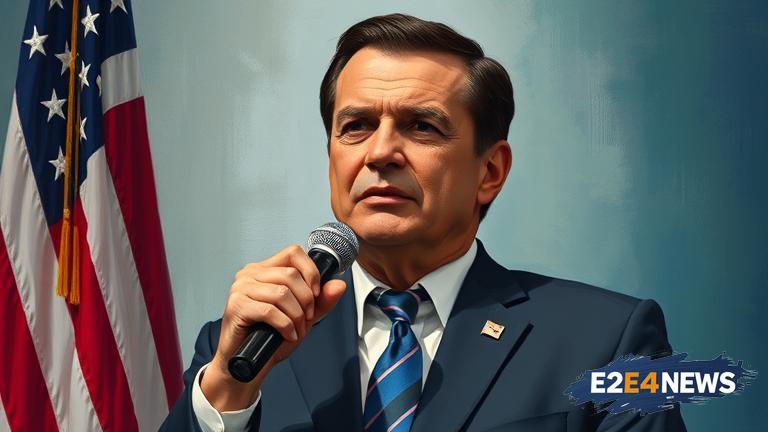The recent house arrest of former Brazilian President Jair Bolsonaro has sent shockwaves throughout the country and beyond. The move, which was made in response to Bolsonaro’s alleged misuse of social media, has raised concerns about the limits of free speech and the role of social media in politics. According to reports, Bolsonaro was arrested after he allegedly used social media to spread misinformation and incite violence. The arrest has been met with widespread criticism, with many arguing that it is an attempt to silence a prominent political figure. The US has weighed in on the issue, with officials stating that they believe Bolsonaro should be allowed to speak freely. The US response has been seen as a nod to the importance of free speech and the need to protect it, even in the face of controversy. However, others have argued that Bolsonaro’s actions on social media have gone too far and that his arrest is necessary to prevent further harm. The debate surrounding Bolsonaro’s arrest has highlighted the complex and often fraught relationship between social media and politics. As social media continues to play an increasingly prominent role in political discourse, the need for clear guidelines and regulations has become more pressing. The Brazilian government has faced criticism for its handling of the situation, with many arguing that the arrest is an overreach of power. The US response has added a new layer to the debate, with some arguing that it is an attempt to exert influence over Brazilian politics. Despite the controversy, Bolsonaro remains a popular figure in Brazil, with many of his supporters rallying to his defense. The arrest has also sparked a wider debate about the role of social media in Brazilian politics, with some arguing that it has become a powerful tool for political manipulation. As the situation continues to unfold, it remains to be seen how the Brazilian government will respond to the US statement and how the debate over social media freedom will play out. The house arrest of Bolsonaro has also raised questions about the future of Brazilian politics and the potential implications for the country’s democracy. With the US weighing in on the issue, the situation has taken on a new level of complexity, highlighting the need for careful consideration and nuanced discussion. The importance of protecting free speech while also preventing harm has become a central theme in the debate. As the world watches the situation unfold, it is clear that the house arrest of Bolsonaro has significant implications for Brazil and beyond. The need for clear guidelines and regulations on social media use has become more pressing, and the international community will be watching closely to see how the situation is resolved. The US statement has added a new layer to the debate, highlighting the need for careful consideration and nuanced discussion. The house arrest of Bolsonaro has sparked a wider debate about the role of social media in politics and the need to protect free speech. With the situation continuing to unfold, it remains to be seen how the Brazilian government will respond to the US statement and how the debate over social media freedom will play out. The controversy surrounding Bolsonaro’s arrest has highlighted the complex and often fraught relationship between social media and politics. The need for clear guidelines and regulations on social media use has become more pressing, and the international community will be watching closely to see how the situation is resolved. The US response has added a new layer to the debate, highlighting the need for careful consideration and nuanced discussion. The house arrest of Bolsonaro has significant implications for Brazil and beyond, and the need to protect free speech while also preventing harm has become a central theme in the debate.





